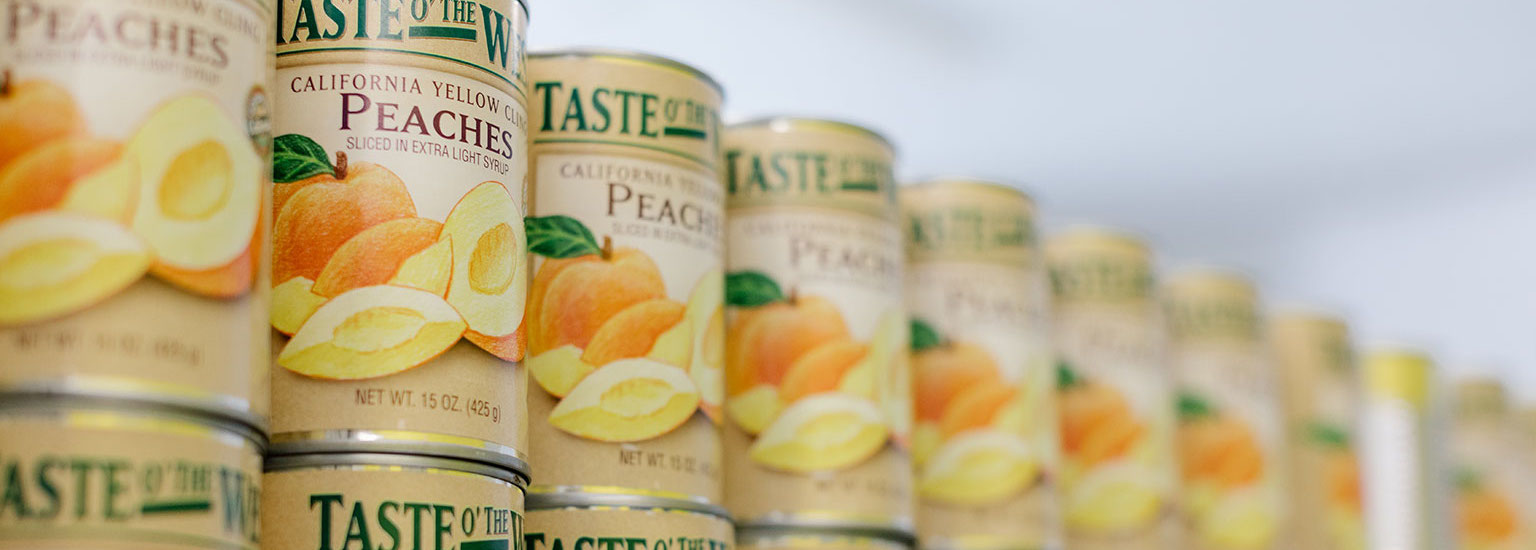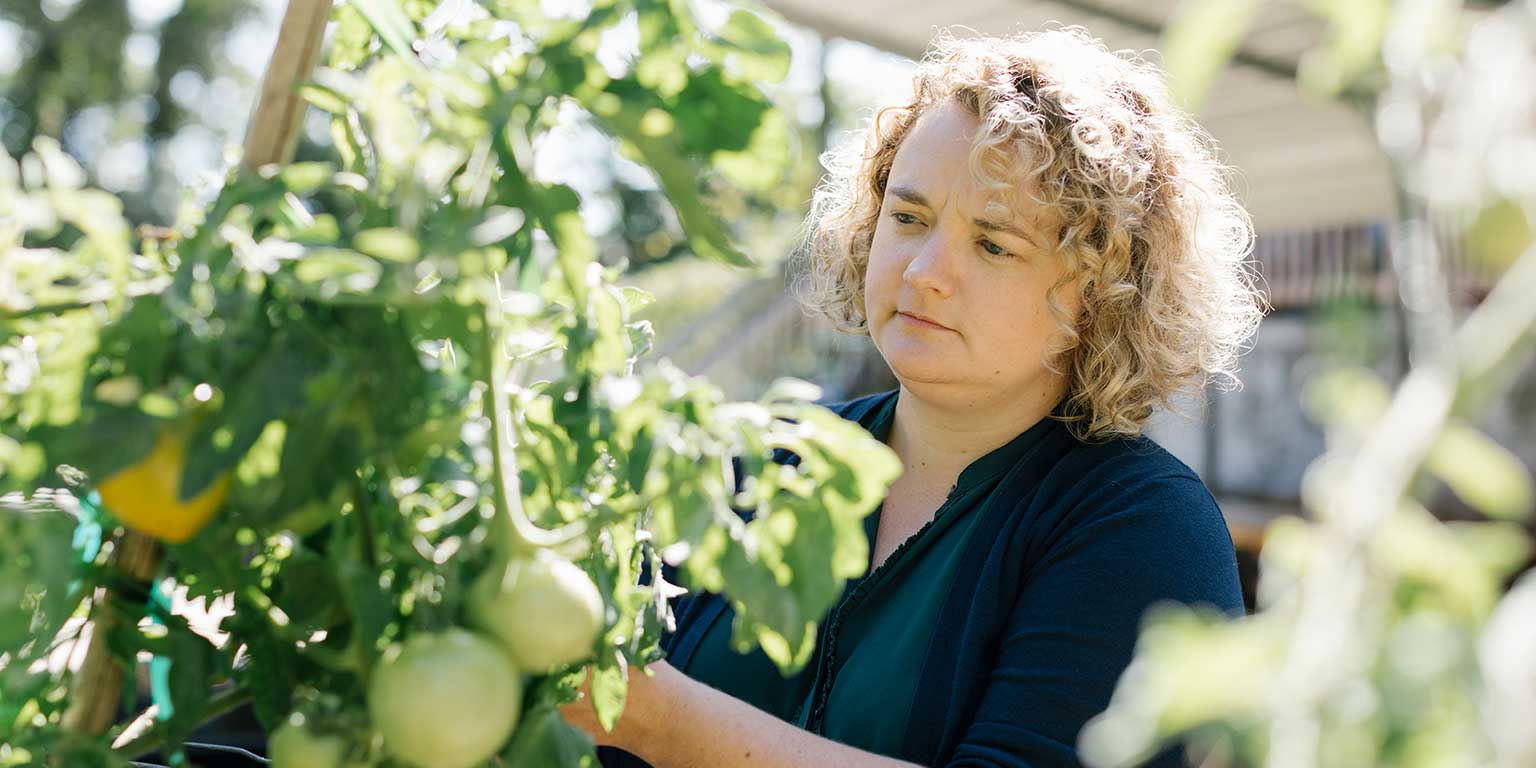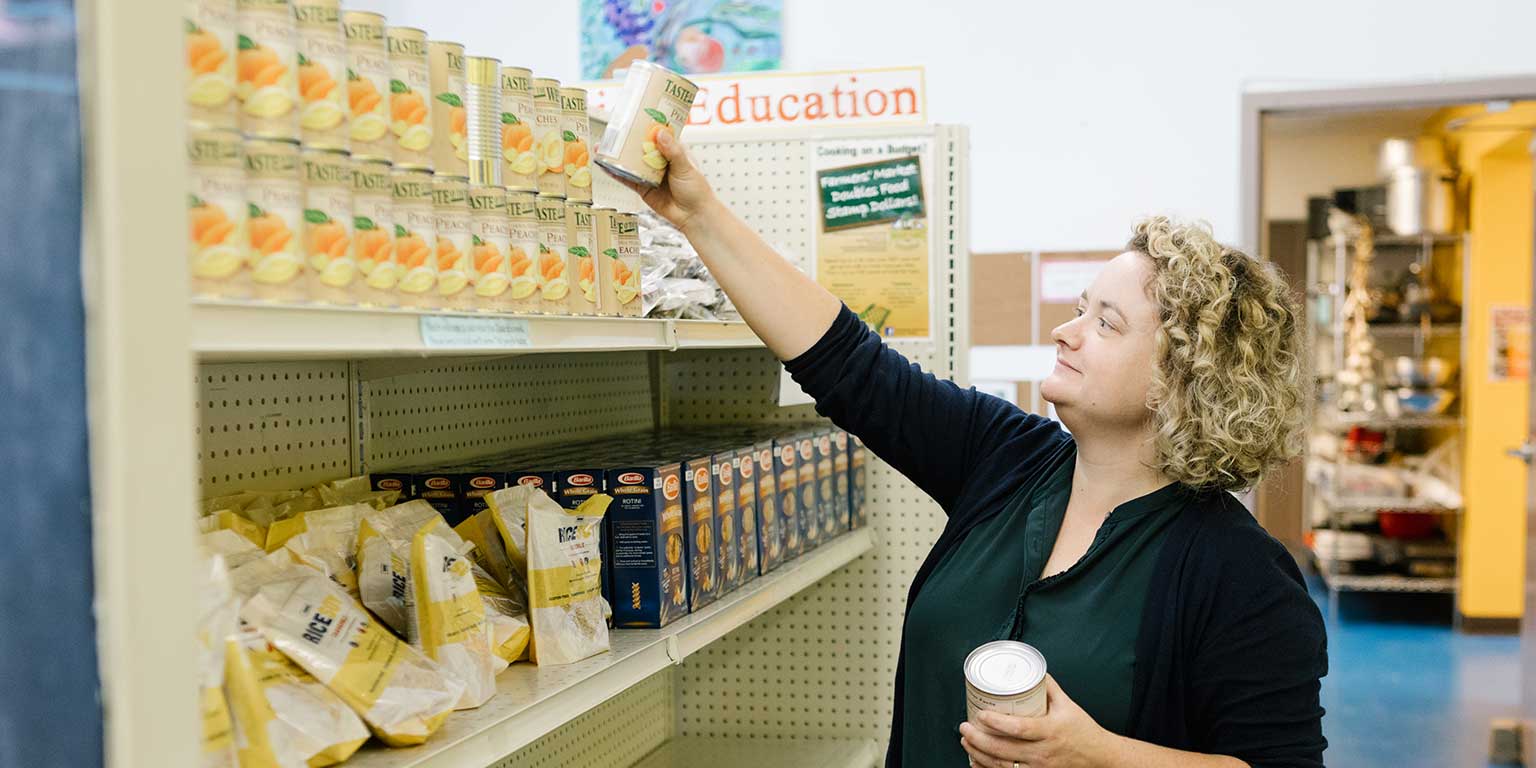When she speaks, Nickey speaks softly. It makes you want to lean forward and listen more intently. And that seems fitting. She spent some time as an educator — first with Teach for America in Atlanta and then with the Head Start program and Ivy Tech Community College here in Bloomington — and she’s retained many of the traits so common among good teachers. She likes to linger on ideas. She thinks about things from a dozen different angles at once. She listens carefully, and a measured question will get you a measured response.
But even more, what Nickey shares in common with the best teachers is a dedication to honesty, even when honesty sounds bleak. She tells me about the “dominant narrative of hunger,” and how problematic that narrative can be for an organization like the Hub.
“For the most part,” she says, “in the U.S., people think about hunger as a temporary thing. You know, someone loses a job, and they have to go to a food pantry for a month or so and that’s it. But for us, the reality is that a lot of our patrons have been coming here for years, and they’ll come here until they die. People aren’t quite willing to accept that as the real story.”
What people want to hear instead, Nickey says, is a story we’ve all heard before: The story of people who fall on hard times, use a social service briefly, and then pull themselves back up by their bootstraps. It’s a story of triumph. Tried-and-true American perseverance.
“And those stories are great,” Nickey adds, “but they’re not the reality for the majority of people who use emergency food services. Until there’s enough people who are angry about that misconception, I don’t see a whole lot of space for change. If the assumption is that poverty is something that’s easy to move out of, if only you have the right social services, then I don’t see a lot of hope.”
She pauses again, but this time it isn’t because she’s considering a question.
“That’s really depressing,” she says, and then she laughs. “This is going to be a bleak story.”
But it doesn’t have to be. The Hub has been open now for 20 years — founded and initially operated by two mothers who themselves were experiencing food insecurity — and its programs, services, and pantry are more robust than ever. The Hub recently moved to a new facility and office space, and on the afternoon I visit, that space is alive with activity.
Staff and volunteers are cutting vegetables in the training kitchen, talking and laughing, sharing stories. You can tell at a glance that they’re friends as much as colleagues, and that they enjoy what they do. Meanwhile, about a dozen patrons are browsing the pantry, its shelves stacked with canned peaches and green beans, pastas and rice, tomatoes and peppers and bundles of Swiss chard. Outside, in spite of the gathering winter, the Hub’s gardens are still green, and inside the pantry a chalkboard above the counter promotes a cooking class for children on Tuesdays and Thursdays.
From where I stand, things don’t look so bleak. And Nickey, I think, isn’t being bleak. She’s simply being honest. Somehow, she manages to balance realism with idealism, pragmatism with optimism, fear with ambition. And that’s an incredible thing to do. Above all else, Nickey thinks about people, and it seems as if people are as much the source of her doubts as they are her hope.
“People know more and have more to share than we think,” she tells me. “That’s the lesson, I think. Take time to know people. I mean, I say this to my kids a lot: ‘People are you. You’re people.’”
At that, she laughs again, shaking her head, but then her laughter ebbs away, and we both feel the truth — and the gravity — of what she’s saying.
“We’re all afraid of things,” she says, “and we all like things, and that person over there has the same kinds of feelings as you do. They’re not just one thing.”





